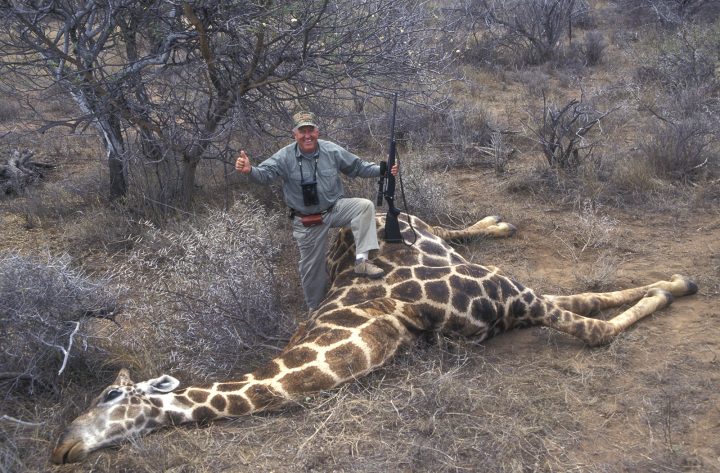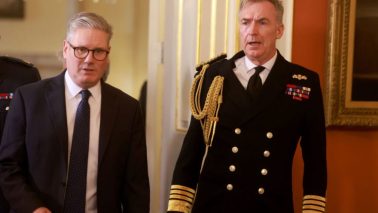The lion or elephant in the photo should be stone-cold dead. The hunter posing with it should be ugly, fat and preferably American. Cue to social media outrage from celebrities, journalists and online nobodies. Few things generate more furious likes and retweets than old, white men killing African mega-fauna.
Yet, as Barack Obama once said: ‘This idea of purity and you’re never compromised … you should get over that quickly. The world is messy. There are ambiguities. People who do really good stuff have flaws.’
In order to survive outside the parks, wildlife needs to have a value for rural Africans
As counter-intuitive as it sounds, African trophy hunting is a powerful conservation tool. To be clear: we’re talking about regulated hunting in Africa and not poaching which, together with habitat destruction, are the biggest threats to African wildlife.
‘Europeans and Americans may not like to hear it but trophy hunting in Namibia has not only saved wildlife: it has helped increase populations, in some cases, by more than 200 per cent,’ says Stephan Albat, a Namibian farmer, in an interview on his farm near the Waterberg Plateau National Park in north-central Namibia.

Get Britain's best politics newsletters
Register to get The Spectator's insight and opinion straight to your inbox. You can then read two free articles each week.
Already a subscriber? Log in






Comments
Join the debate for just £1 a month
Be part of the conversation with other Spectator readers by getting your first three months for £3.
UNLOCK ACCESS Just £1 a monthAlready a subscriber? Log in